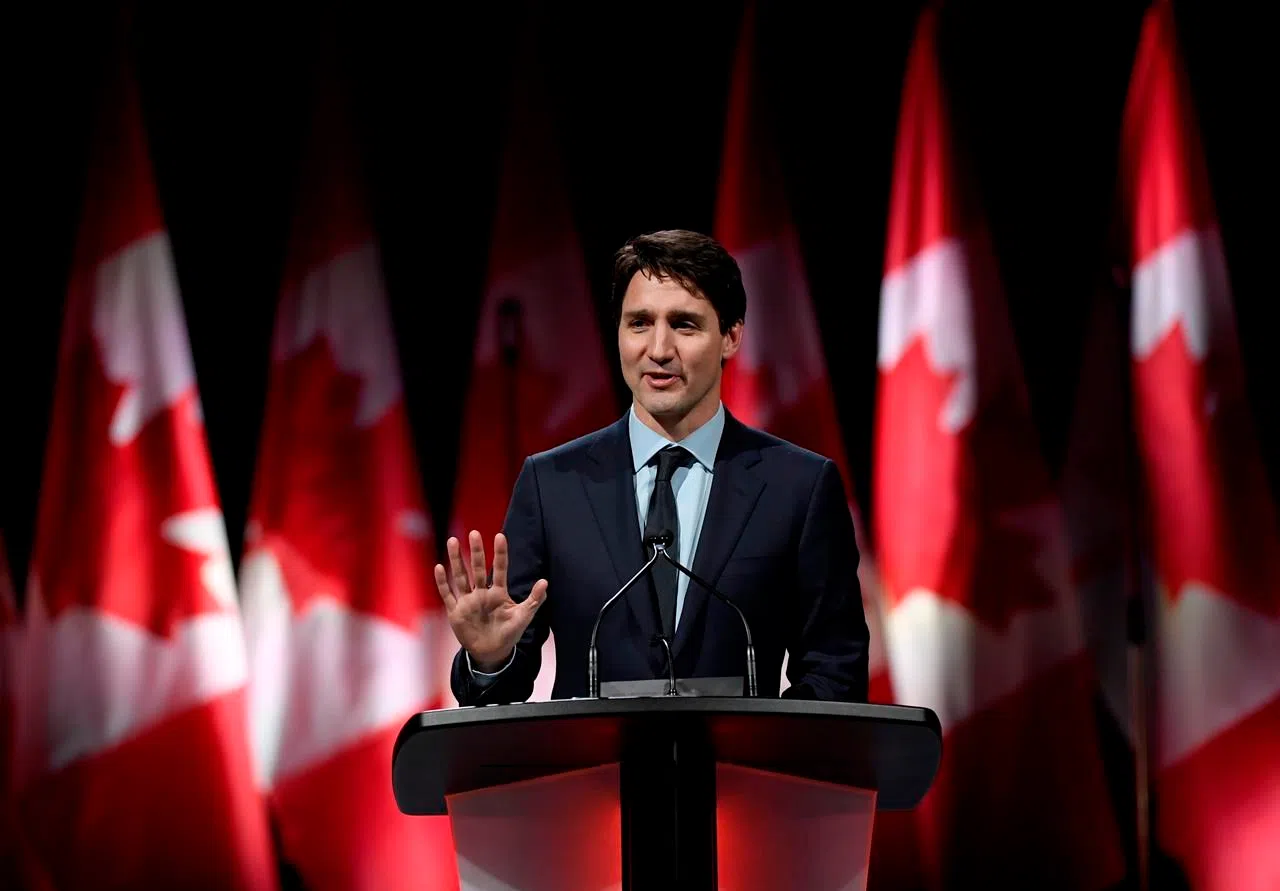
Manley, CEOs urge Trudeau to join new U.S.-free Trans-Pacific Partnership
OTTAWA — Canada needs to immediately join a revamped Trans-Pacific Partnership that does not include the United States or it will miss its chance to deepen trade links with Asia, warns an ex-Liberal cabinet minister.
The urgency is self-evident because Canada’s relationship with its top trading partner — the U.S. — is in jeopardy with the Trump administration’s threats to tear up NAFTA, said John Manley, president of the Business Council of Canada and former finance and foreign minister for Jean Chretien.
“With the fragile condition of NAFTA, the trade agenda for Canada, as a narrative, writes itself. It’s about diversification,” Manley said in an interview Monday.
“It’s going to be difficult to replace the access we’ve had to the United States with access elsewhere, but we’ve got to start working at it.”


